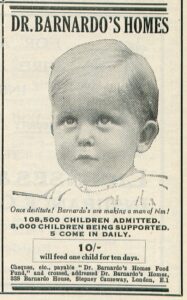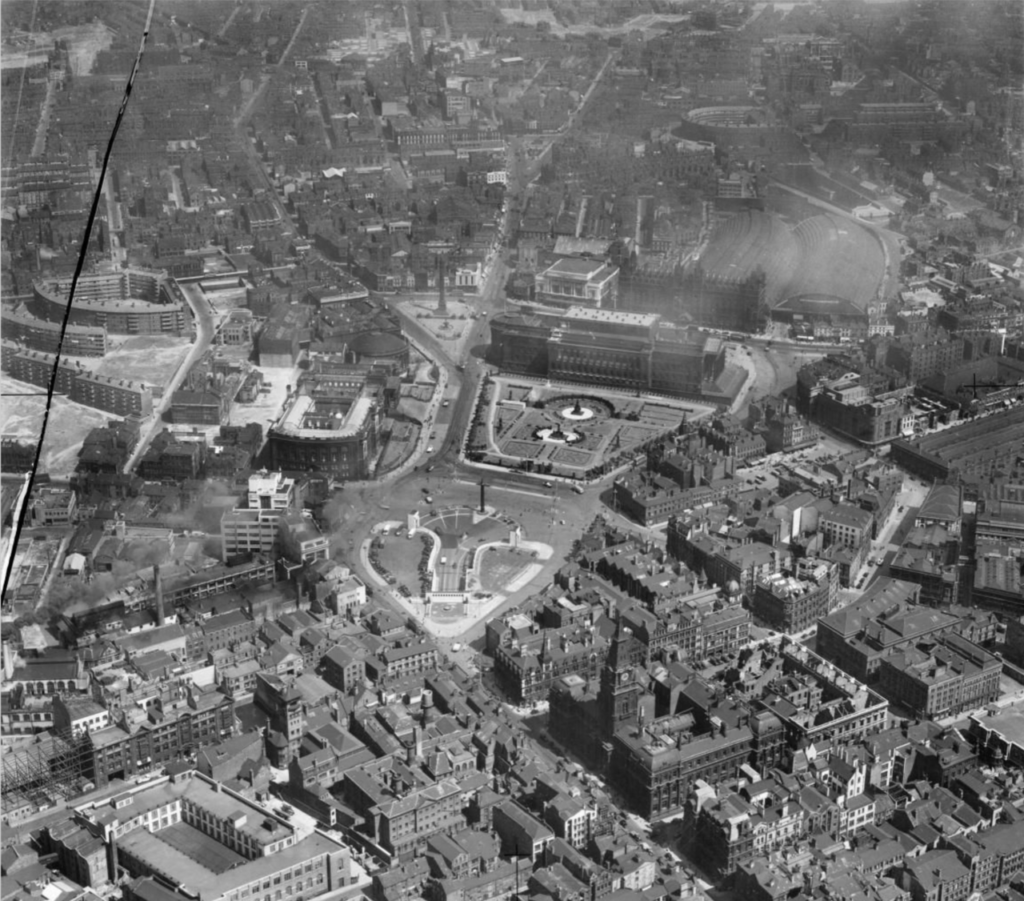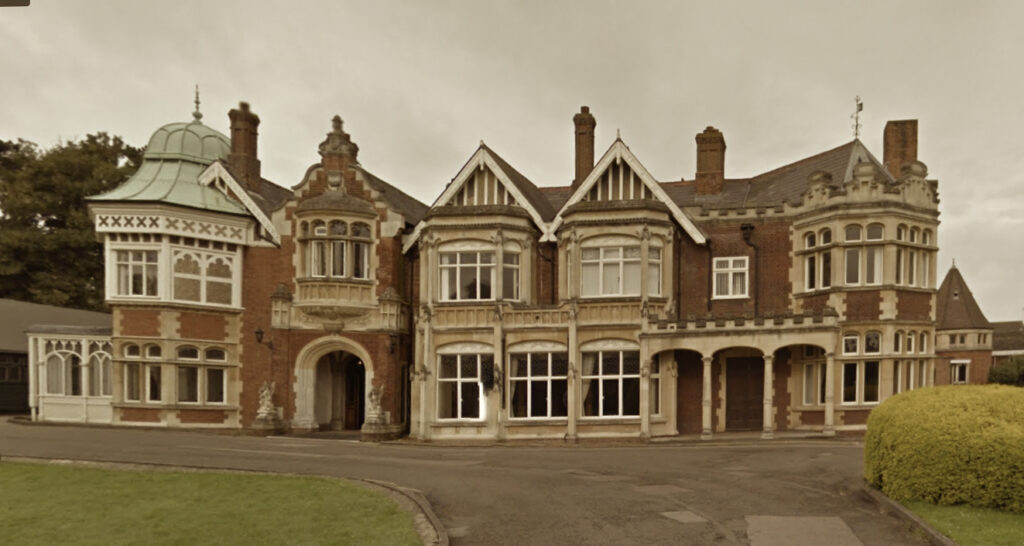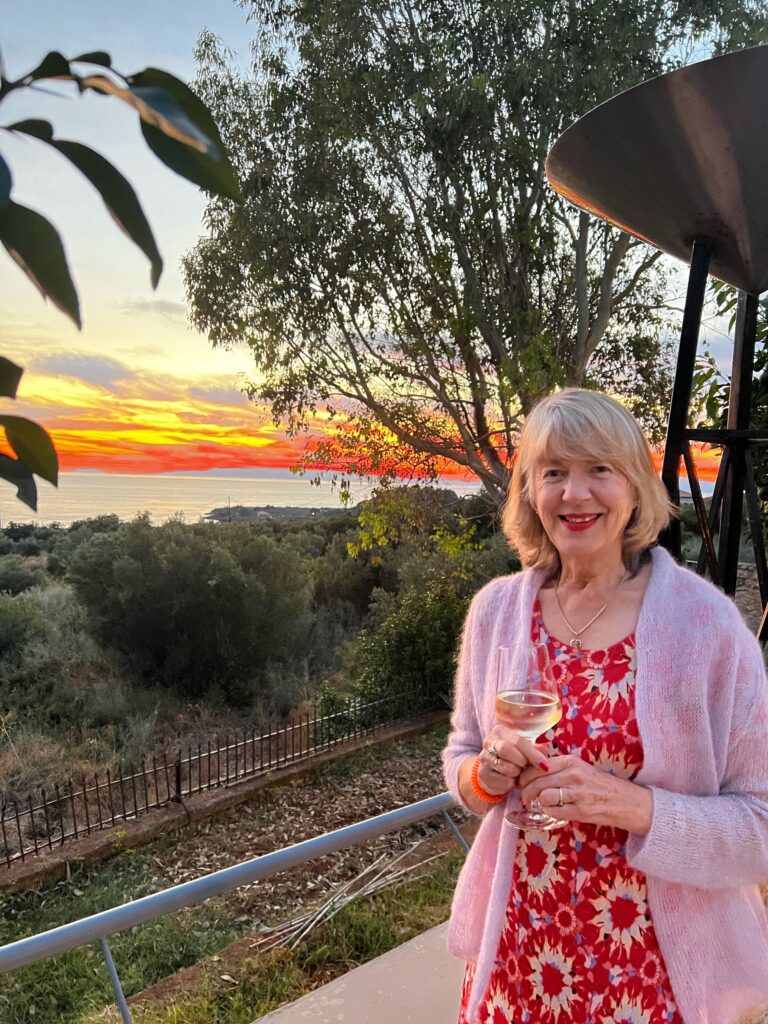 What a month! The builders are still finishing the renovations to my house, I’m pressing on with Book 3 of The Bletchley Park Girls and have recently returned from a fortnight’s holiday abroad – the first in three years.
What a month! The builders are still finishing the renovations to my house, I’m pressing on with Book 3 of The Bletchley Park Girls and have recently returned from a fortnight’s holiday abroad – the first in three years.
The holiday incorporated the Mani Literary Festival in Stoupa, a beautiful village in Greece where I was invited to speak. It was a 2-day event straddling September and October. Two other writing friends, Carol McGrath, and Suzanne Goldring were also asked. We all flew out to Kalamata the day before and settled in quickly as we know the area, courtesy of Carol who has a house close by and has regularly invited us to stay.
One of the restaurants in the village offers its delightful gardens to the Lit Fest every year so the talks took place outside in perfect weather – very warm and sunny but not boiling hot. Each of us was invited to tutor a workshop and give a talk relating to our books. I decided to do the 2-hour workshop on Memoir Writing in the morning and in the afternoon spend the allotted hour discussing Bletchley Park.
I thoroughly enjoyed giving the workshop, where I had nine women and one man round the table, showing them through examples of my own two memoirs how to tackle them, and letting the attendees have time to do my set exercises and read them out. People’s lives are nothing short of fascinating, even though several of them apologised for not having done anything particularly exciting.
‘It’s like jokes,’ I told them. ‘It’s not the content – it’s the way you tell ’em.’
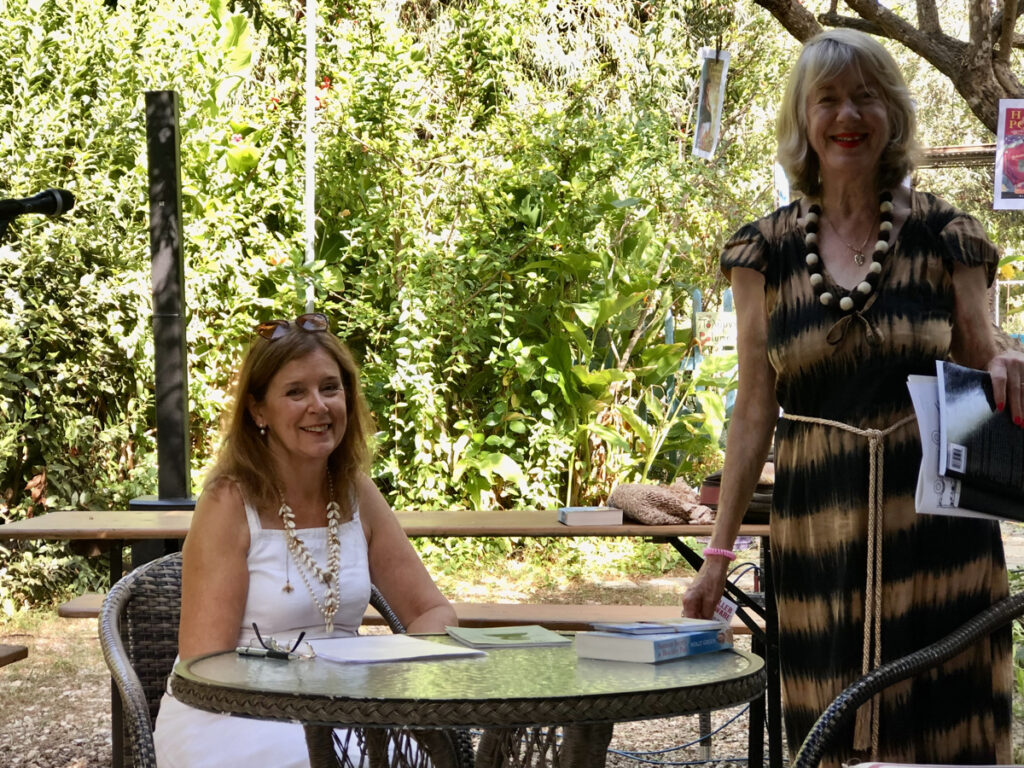
Suzanne Goldring and me after our talk
Then in the afternoon Suzanne interviewed me about using Bletchley Park as a setting for my series. I explained that the story wouldn’t have worked in any other location and had become a character in its own right. They were a very attentive audience of about 50 and several people asked me questions at the end, but it was surprising to learn that so few had ever visited the Park. I told them Hitler said the Enigma would be impossible to crack as you’d need 10,000 people to do it and asked them how many staff they thought ended up at Bletchley Park. They were surprised to learn it was 10,000!
‘And when you visit you’ll get a good idea of what took place as you wander through the various Huts and Blocks,’ I continued. ‘The atmosphere plunges you right into the Second World War and you get a real sense as to how it must have felt for all those who tirelessly worked there. It’s been calculated many times that Bletchley Park shaved two years off the duration of the war, besides saving hundreds of thousands of lives, so I do urge you to experience it for yourself.’
I had two copies of the first book of my series: Summer Secrets at Bletchley Park to give away. When I said: ‘The first person to put up their hand—’ a lady sitting in the front row immediately shot her hand up. I wagged my finger at her. ‘You don’t even know what you’re volunteering for.’ To much laughter, she said, ‘I’m happy to take the risk.’ So I handed her a book but she said, ‘I’ve read this one,’ and gave it back to me, saying she’d read all my books and loved every one. What a thrill to meet such a fan. She came up to me afterwards and said I’d kept her sanity! She’d been going through a rough time with her family and my books had given her an hour or two’s reprieve at night.
Margaret, if you happen to be reading this, I do hope you won’t mind my telling it, but that’s what we authors hope will happen when we write our books. They can provide not only an escape from our problems but sometimes even throw a light on how we might overcome or resolve them in real life.
As writers we usually never have the chance to know the impact our stories are having when they go out into the world. It’s quite humbling, when you think about it, but it’s the most rewarding part of the whole process – that the reader loves what we do. You can’t ask for more.
Happy writing to all the new Mani memoir writers!
And until next month, happy reading!
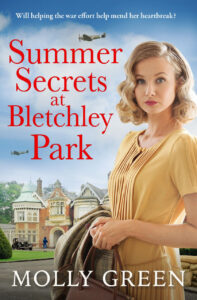 Summer Secrets at Bletchley Park is out now.
Summer Secrets at Bletchley Park is out now.
September 1939. London is in blackout, war has been declared, but Dulcie (Dale) Treadwell can think only of American broadcaster, Glenn Reeves, who didn’t say goodbye before leaving for Berlin.
Heartbroken, Dulcie is posted to Bletchley Park, where she must concentrate instead on cracking the German Enigma codes. The hours are long and the conditions tough, with little recognition from above. Until she breaks her first code…
But when a spiteful act of jealousy leads to Dulcie’s brutal dismissal, her life is left in pieces once more. Is it too late for Dulcie to prove her innocence and keep the job she loves? And will her heart ever truly heal if she doesn’t hear from Glenn again…?
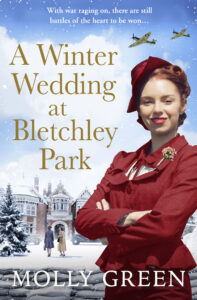 A Winter Wedding at Bletchley Park will be published on 24th November this year.
A Winter Wedding at Bletchley Park will be published on 24th November this year.
When Rosie Frost was jilted on her wedding day, she didn’t think life could get any worse. But six years later in the throes of the Second World War, she is unceremoniously dismissed from her dream job after they discover her illegitimate child.
Thankfully, top secret war office Bletchley Park recognises Rosie’s talent and recruits her to decipher their Italian naval signals. Happy to be doing her bit for the war effort, Rosie settles into her new life.
But when she spots a familiar face at the Park, Rosie’s world threatens to come crashing down once more. Can she put her heartbreak behind her? And will wedding bells ring out across Bletchley Park before the year is out?
